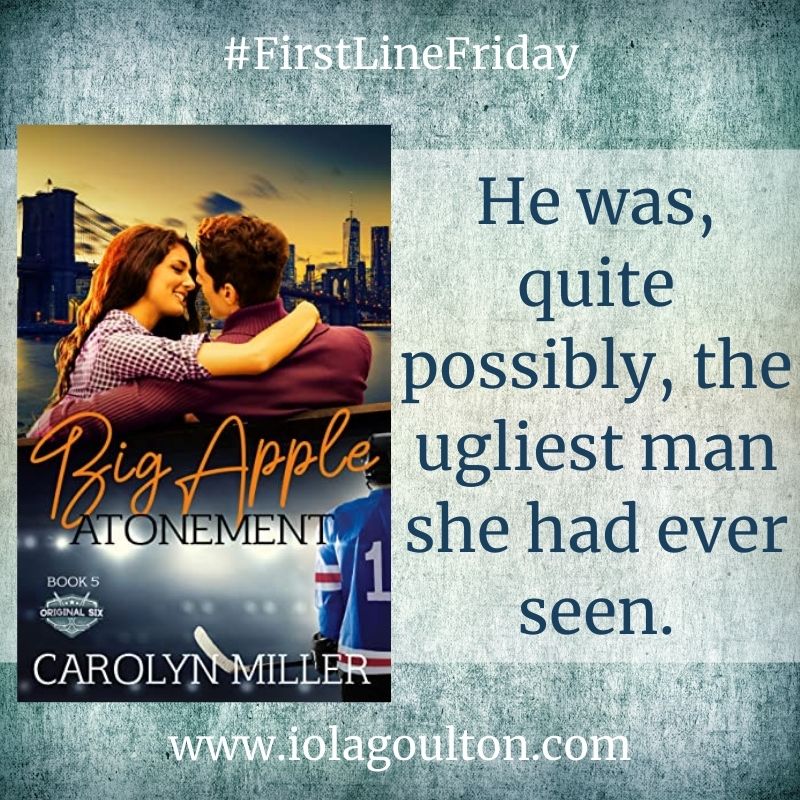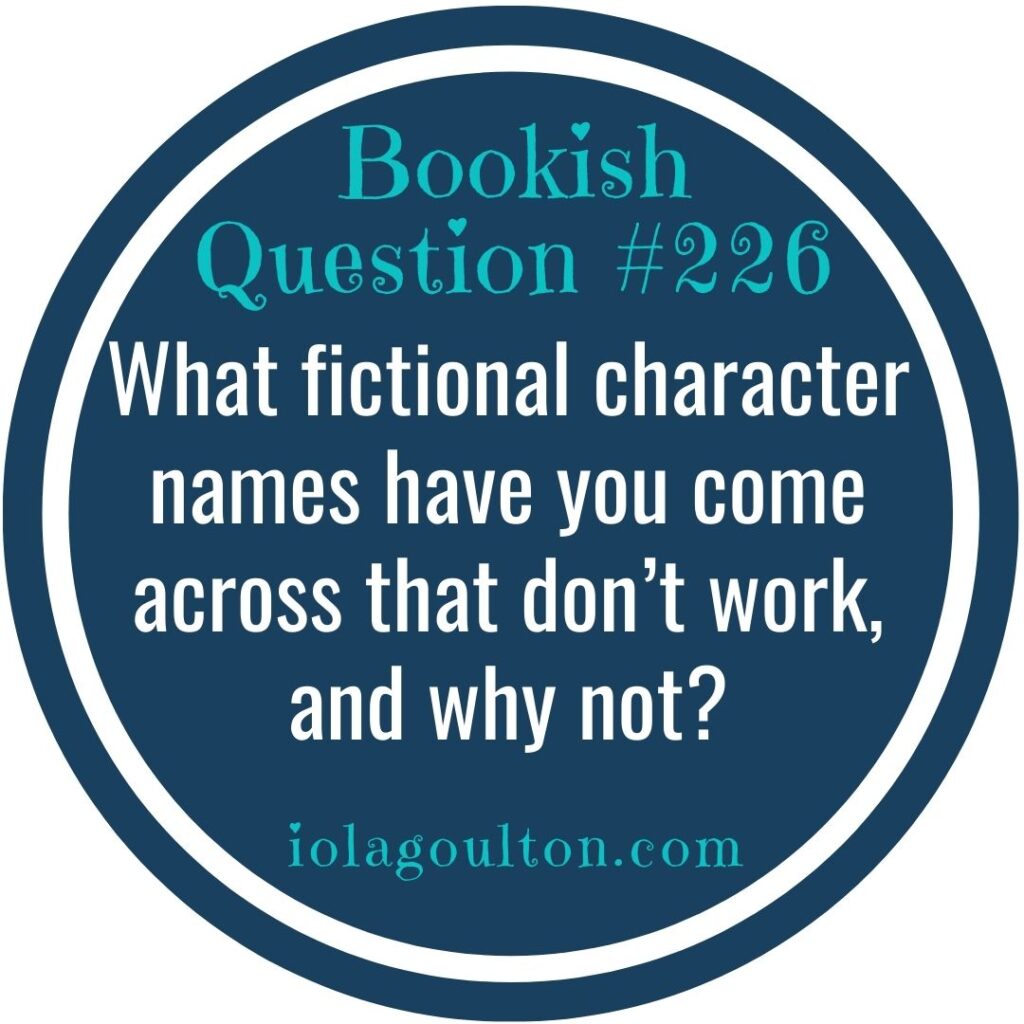Several years ago, I read Dreamlander by KM Weiland, a novel about a man who went to sleep in our world and woke up in another time and place. It was a fascinating concept, and I enjoyed the whole novel except for the end (which had exactly the same problem as the end of the Divergent trilogy).
So when I read that When The Day Comes had a similar premise, I had to read it.
The book description gave me the impression Meyer had thought through the concept better than Weiland had, and gave me hope of a more satisfying ending:
Libby comes from a long line of time-crossers, identified by a sunburst birthmark over their heart. They live in two times at once, crossing between times when they fall asleep at night (with the added bonus of never being tired). Time-crossers live in two times until they turn twenty-one, when they have to choose one time to live in for the rest of their lives.
This means that at the age of almost twenty, Libby (aka Anne Elizabeth) has lived for almost forty years: nineteen in Colonial Williamsburg, shortly before the War of Independence, and nineteen years in the Gilded Age. As such, she’s more mature than most teenagers, because she has literally lived longer.
I found the whole idea fascinating, especially as it was clear from the beginning that Libby intended to stay in Colonial times, because her 1774 mother is also a time-crosser. This is the mother Libby loves, and the mother with whom she shares all the trials of her privileged life in Gilded Age New York and London. My first thought would be that she’d stay in 1914 because her family is financially stable, and because she’d want to miss the war she knows is coming in America (and because I figured she wouldn’t know about the war due to start in Europe).
But I was wrong.
She actually had a lot more freedom in 1774, as well as not having a manipulative mother determined to marry her off to the most titled gentleman she can find. Of course, it helps that 1774 Libby is in love, even though she knows the difference in their stations means she’ll never be allowed to marry him.
As modern readers who know history (or who have access to the internet), there is always a sense of knowing where the story might be going in historical fiction. As such, it was fascinating to read a historical novel where the characters also knew some of what was coming—Libby and her mother both knew which side to choose in America’s upcoming War of Independence, and Libby’s time-crosser mother was from 1994, so also knew some twentieth century history.
The whole story is told in first person, from Libby’s point of view. But it flips between the two times and two families and two sets of supporting characters. As such, it reads a lot like a split time novel, but with the main character being the connecting factor between the two times.
A novel that’s effectively told from one point of view needs a strong and compelling narrator.
When the Day Comes definitely has that. There are a few times when Libby’s beliefs and attitudes seem very modern, perhaps too modern for 1774. But that’s explained by the fact she also lives in 1914 and was raised by a woman who was born in 1973. As such, it’s not surprising that Libby and her mother have modern ideas about women’s rights and equal rights.
I thought When the Day Comes was excellent, particularly the ending. It definitely didn’t suffer from a weak or unbelievable ending. Even better, the ending hints at the possibility of a sequel. I suspect so, because the cover says “Timeless Book 1” which surely indicates there will be a Book 2.
Recommended for fans of historical fiction and especially split time.
Thanks to Bethany House and NetGalley for providing a free ebook for review.
About Gabrielle Meyer

Gabrielle lives on the banks of the Upper Mississippi River with her husband and four children. As an employee of the Minnesota Historical Society, she fell in love with the rich history of her state and enjoys writing historical and contemporary novels inspired by real people, places, and events. The river is a constant source of inspiration for Gabrielle, and if you look closely, you will find a river in each of her stories.
When Gabrielle is not writing, you might find her homeschooling her children, cheering them on at sporting and theatrical events, or hosting a gathering at her home with family and friends.
Find Gabrielle Meyer online at:
Website | Facebook | Instagram | Twitter
About When the Day Comes
How will she choose, knowing all she must sacrifice?
 Libby has been given a powerful gift: to live one life in 1774 Colonial Williamsburg and the other in 1914 Gilded Age New York City. When she falls asleep in one life, she wakes up in the other. While she’s the same person at her core in both times, she’s leading two vastly different lives.
Libby has been given a powerful gift: to live one life in 1774 Colonial Williamsburg and the other in 1914 Gilded Age New York City. When she falls asleep in one life, she wakes up in the other. While she’s the same person at her core in both times, she’s leading two vastly different lives.
In Colonial Williamsburg, Libby is a public printer for the House of Burgesses and the Royal Governor, trying to provide for her family and support the Patriot cause. The man she loves, Henry Montgomery, has his own secrets. As the revolution draws near, both their lives–and any hope of love–are put in jeopardy.
Libby’s life in 1914 New York is filled with wealth, drawing room conversations, and bachelors. But the only work she cares about–women’s suffrage–is discouraged, and her mother is intent on marrying her off to an English marquess. The growing talk of war in Europe only complicates matters.
But Libby knows she’s not destined to live two lives forever. On her twenty-first birthday, she must choose one path and forfeit the other–but how can she choose when she has so much to lose in each life?
Find When the Day Comes online at:
Amazon | BookBub | ChristianBook | Goodreads | Koorong

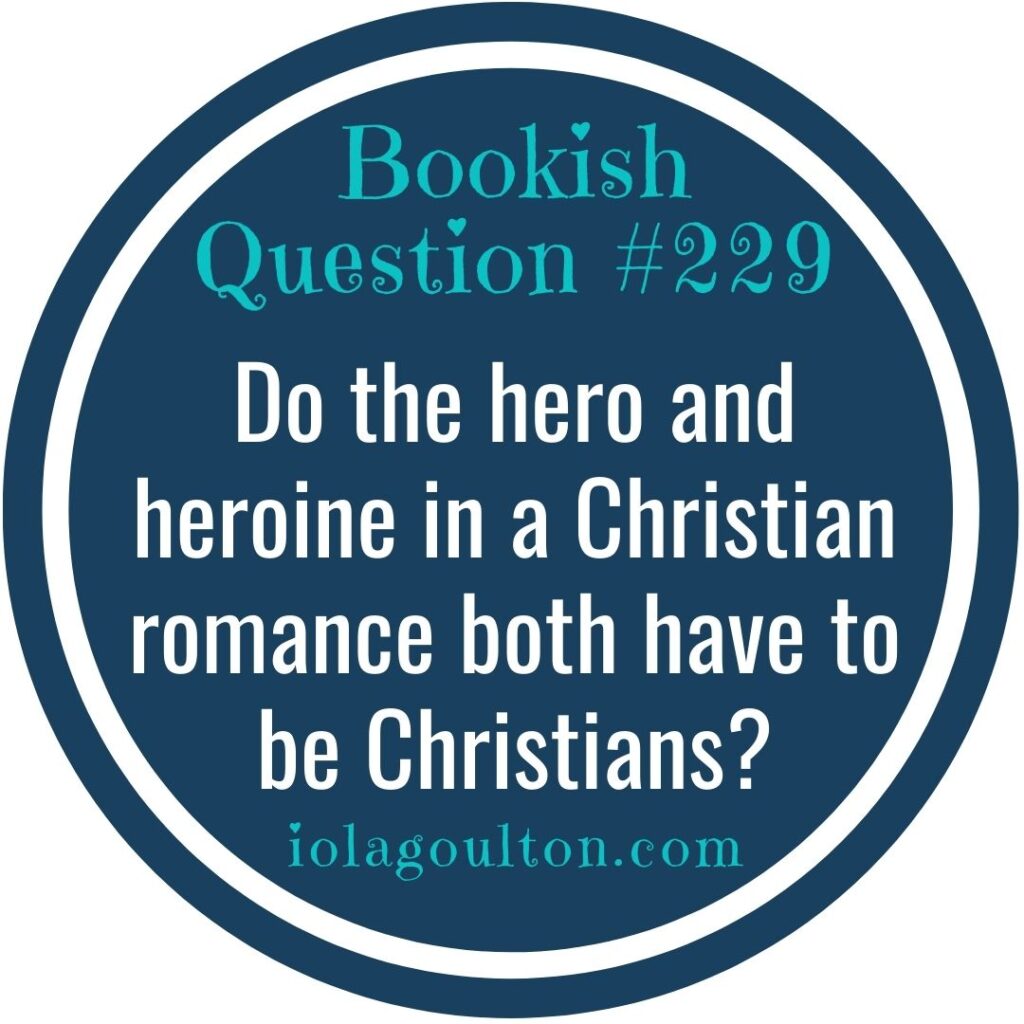
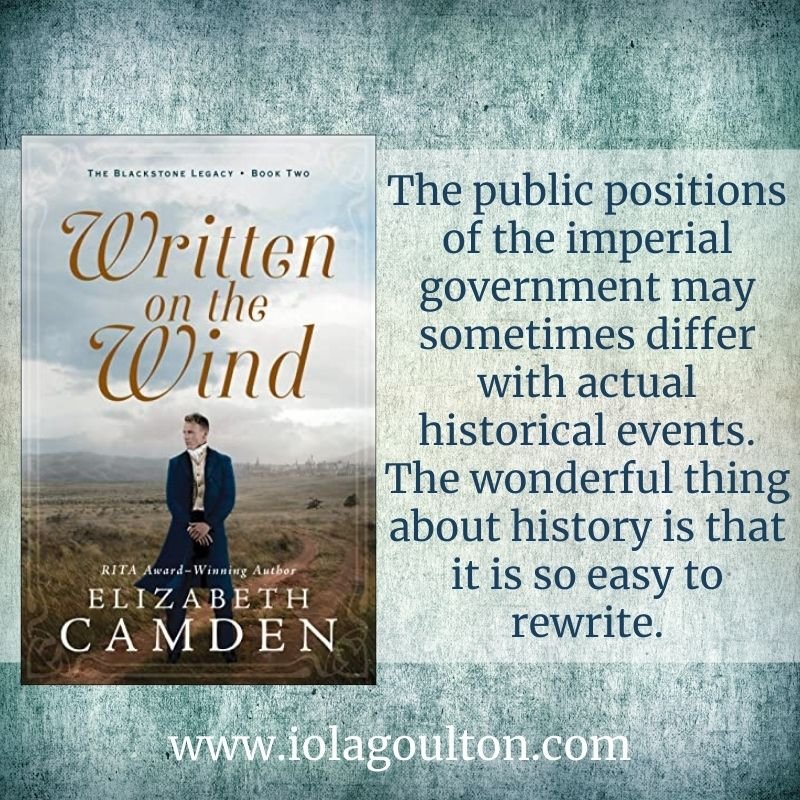
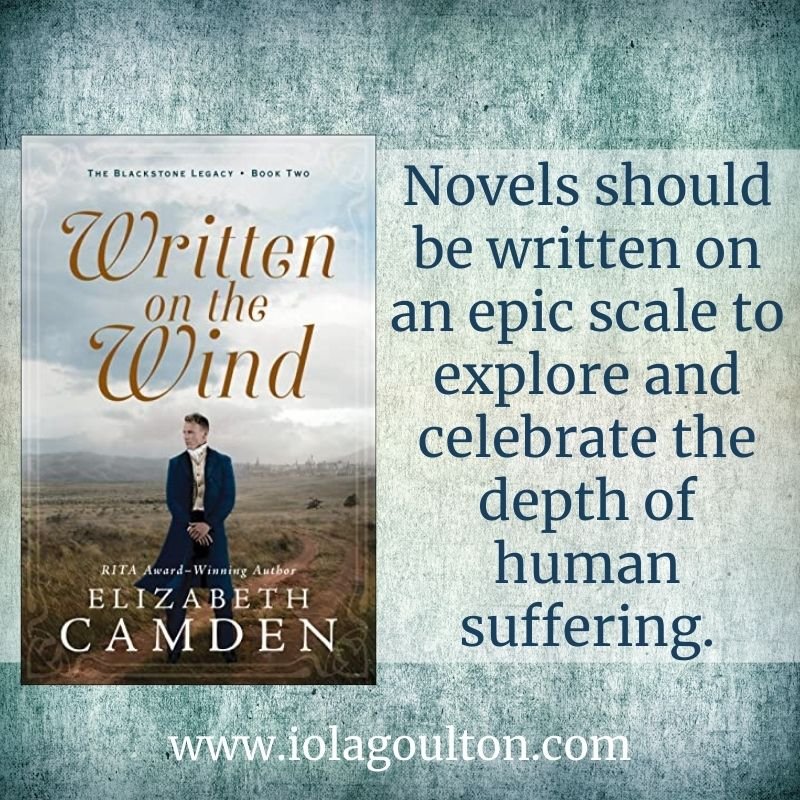

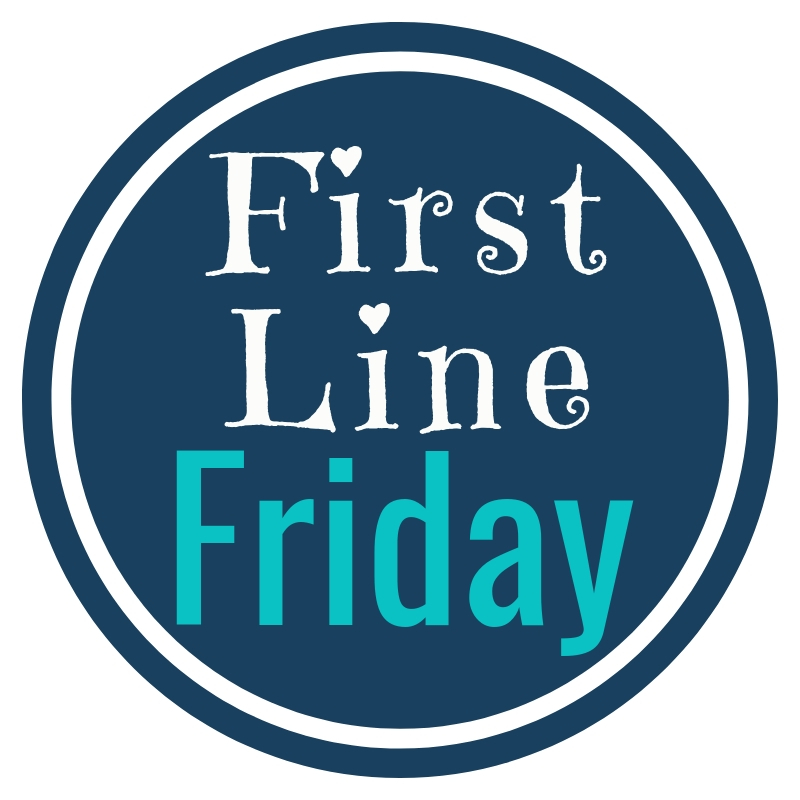
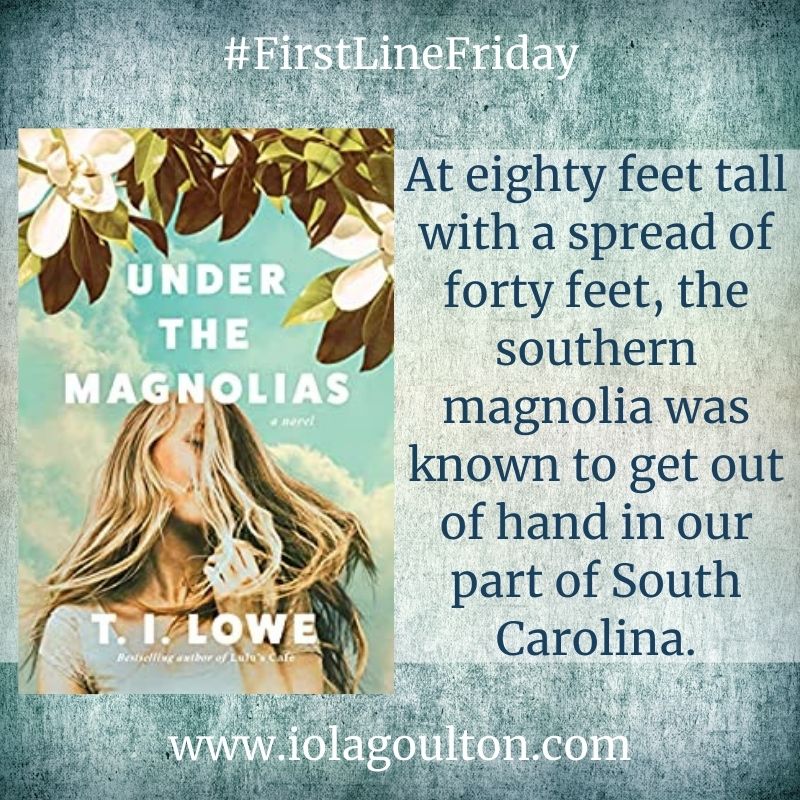

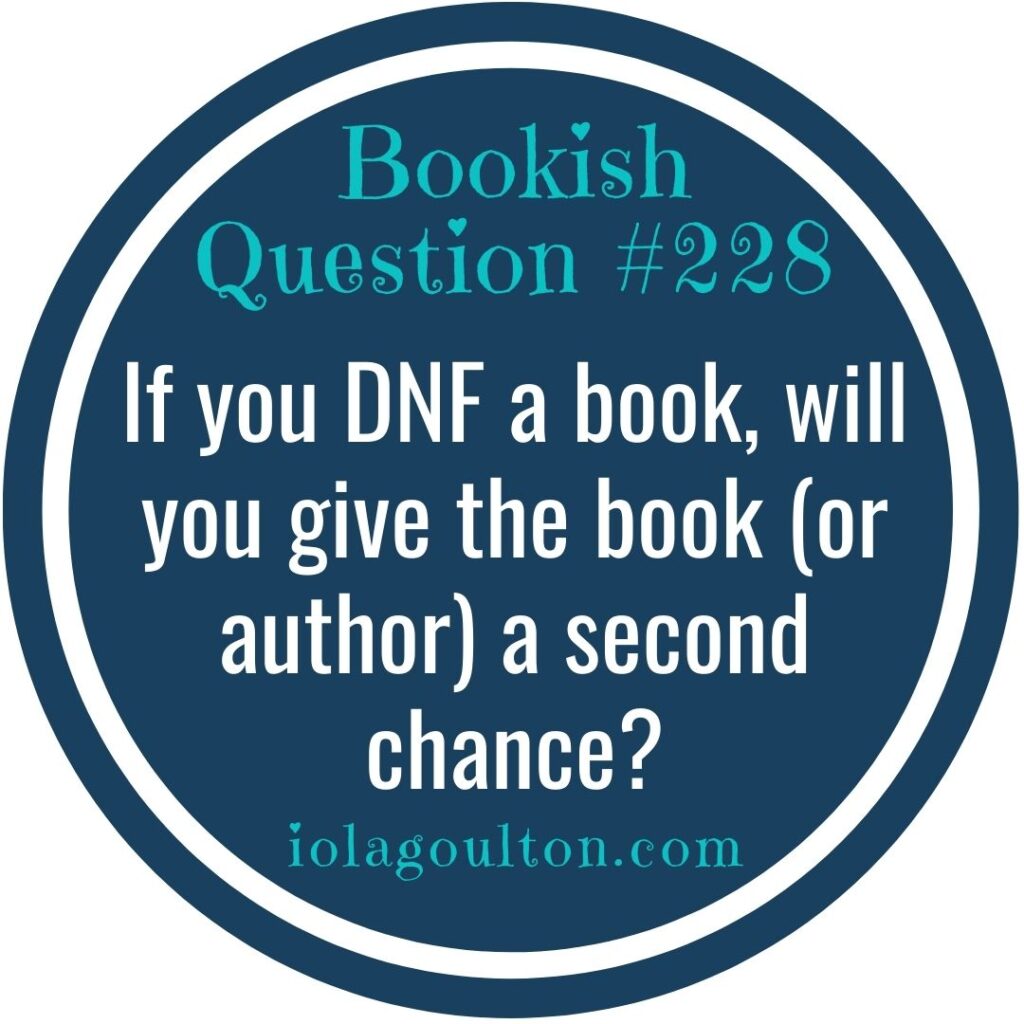
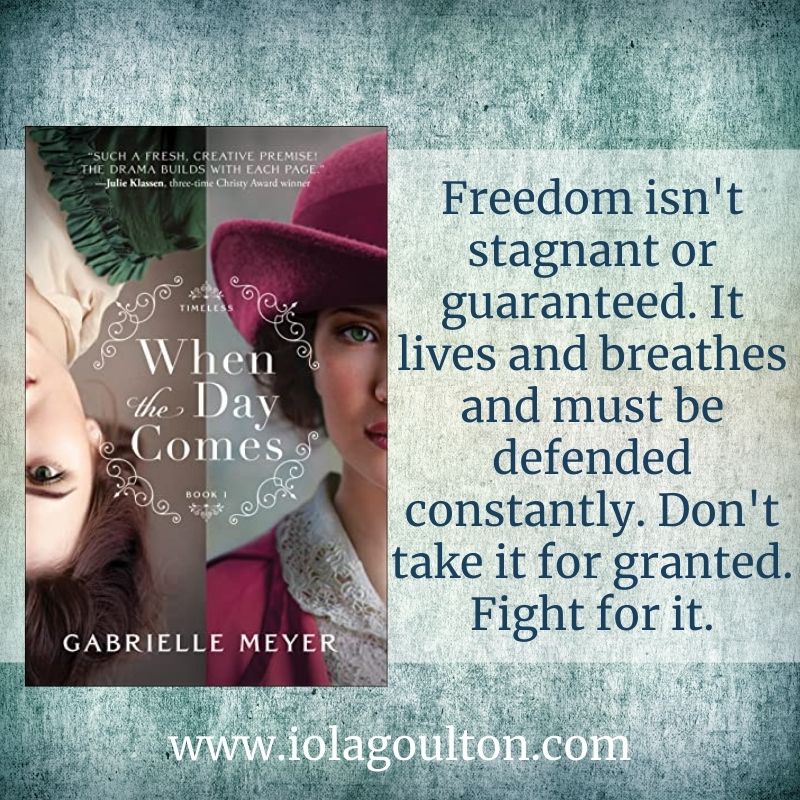


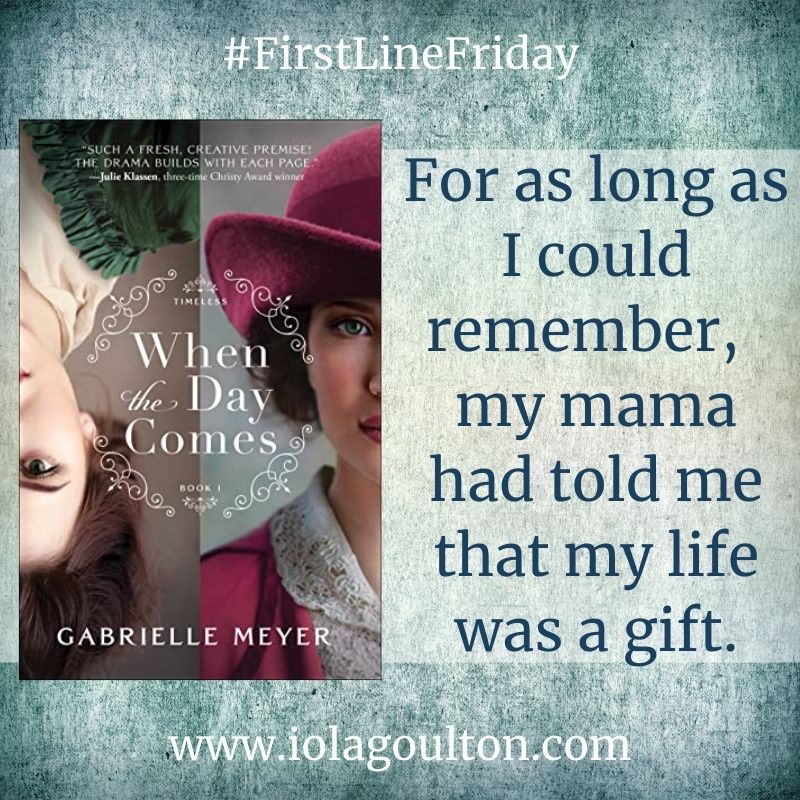

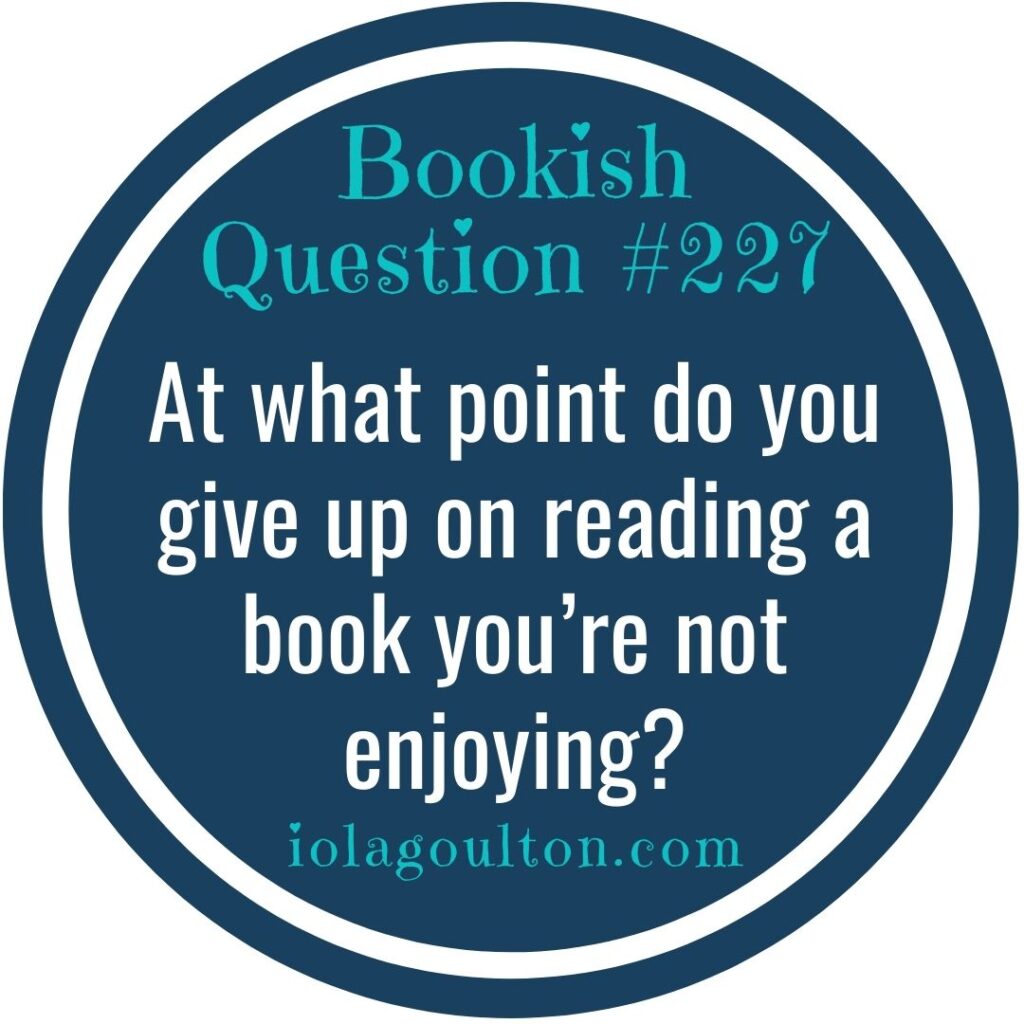
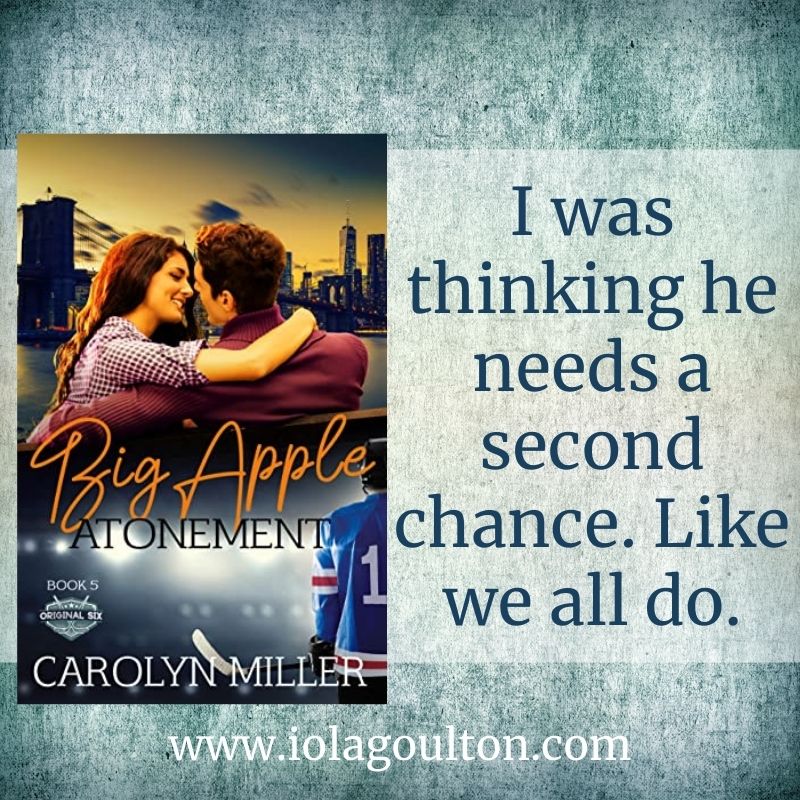
 Carolyn Miller lives in the beautiful Southern Highlands of New South Wales, Australia. She is married, with four gorgeous children, who all love to read (and write!).
Carolyn Miller lives in the beautiful Southern Highlands of New South Wales, Australia. She is married, with four gorgeous children, who all love to read (and write!).
